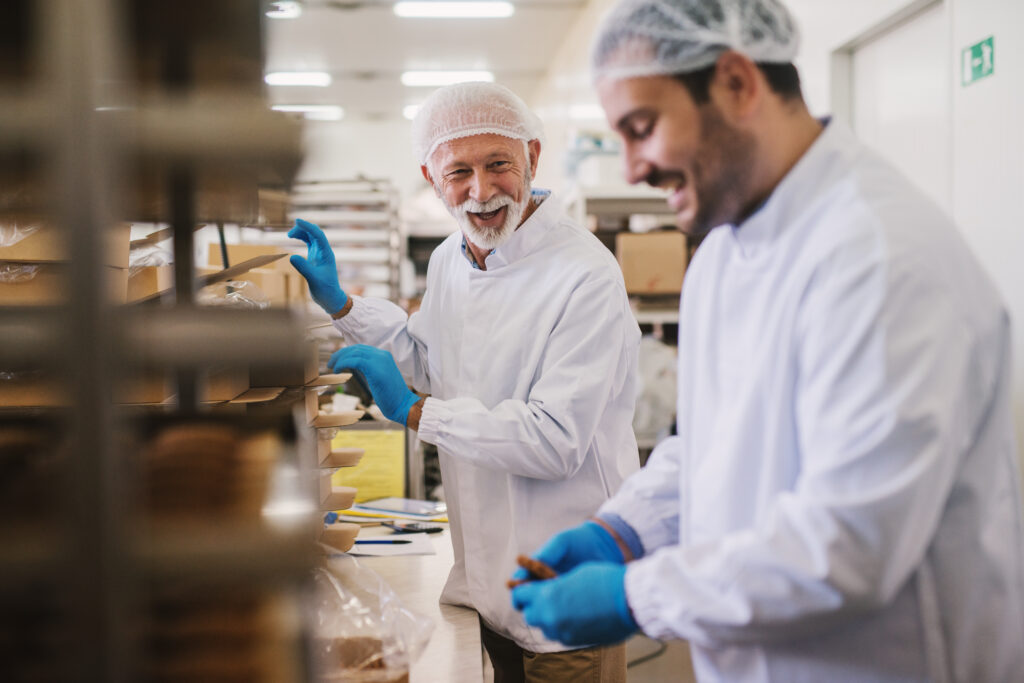Could a retrofit of existing infrastructure help solve plant-based scalability?
23 May 2023
A new report says plant-based meat companies should reuse equipment and buildings built for other parts of the food industry to quickly scale up production in order to satisfy future demand.

A new report says plant-based meat companies should reuse equipment and buildings built for other parts of the food industry to quickly scale up production in order to satisfy future demand.
The Plant-based Meat Manufacturing Capacity and Pathways for Expansion report, released today by the Good Food Institute and Bright Green Partners, provides businesses and governments with key insights into how production can be expanded quickly and cost-effectively to avoid shortages.
Plant-based meat looks and tastes like conventional meat but causes up to 98% less emissions and uses up to 93% less land and 99% less water.
The report estimates production plants around the world were able to produce around 2.2 million metric tons of plant-based meat last year, with 41% of this capacity in Europe, followed by North America at 34%.
Although current capacity is well-used, even moderate growth in the market could mean the industry wouldn’t be able to keep up with demand. NielsenIQ data analysed by GFI Europe found retail sales of plant-based meat across 13 European countries grew by 19% to over €2 billion between 2020 and 2022.
The report advises European businesses to reuse existing equipment and buildings used in the food manufacturing industry, which would enable them to expand capacity in days or months – compared with up to three years to construct a new plant – and for as little as 20% of the cost.
Opportunities in existing infrastructure
Factories currently used to produce food such as breakfast cereals and dry snacks could easily be converted into facilities where the raw ingredients of plant-based foods can be produced, while conventional meat processing plants could be turned into facilities for later stages of production – such as mixing, cooking and packaging.
The report advises companies in food industries that come under pressure because of market decline or competition to consider diversifying by manufacturing plant-based products under contract for other businesses.
Retrofitting could also enable other industries to enter the market while using existing infrastructure, such as Dutch meat processor Vion, which converted a beef processing facility to manufacture plant-based food.
The authors also advise policymakers in regions keen to become sustainable protein hotspots to incentivise retrofitting of existing facilities in order to boost regional economies by creating or retaining critical manufacturing jobs and skilled workers.
Carlotte Lucas, senior corporate engagement manager at the Good Food Institute Europe, said: “Europe is one of the world’s biggest markets for plant-based meat, but with even a small increase in demand likely to exhaust manufacturing capacity, this report provides businesses and governments with a roadmap for the future.
“Reusing existing buildings and equipment is a feasible and affordable way of making sure companies can scale up quickly, ensuring Europe does not miss out on the huge opportunities presented by this sustainable food.”
Floor Buitelaar, Managing Partner at Bright Green Partners, said: “Limited capacity and substantial capital requirements hinder the future growth of the plant-based meat industry. Our study offers critical guidance, empowering decision-makers to make informed choices regarding capacity, capital, and strategies to limit investments.
“Spare plant-based meat manufacturing capacity will likely be used up by 2026, making retrofitting a very attractive capital-efficient option to quickly scale capacity.”
